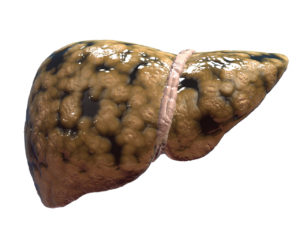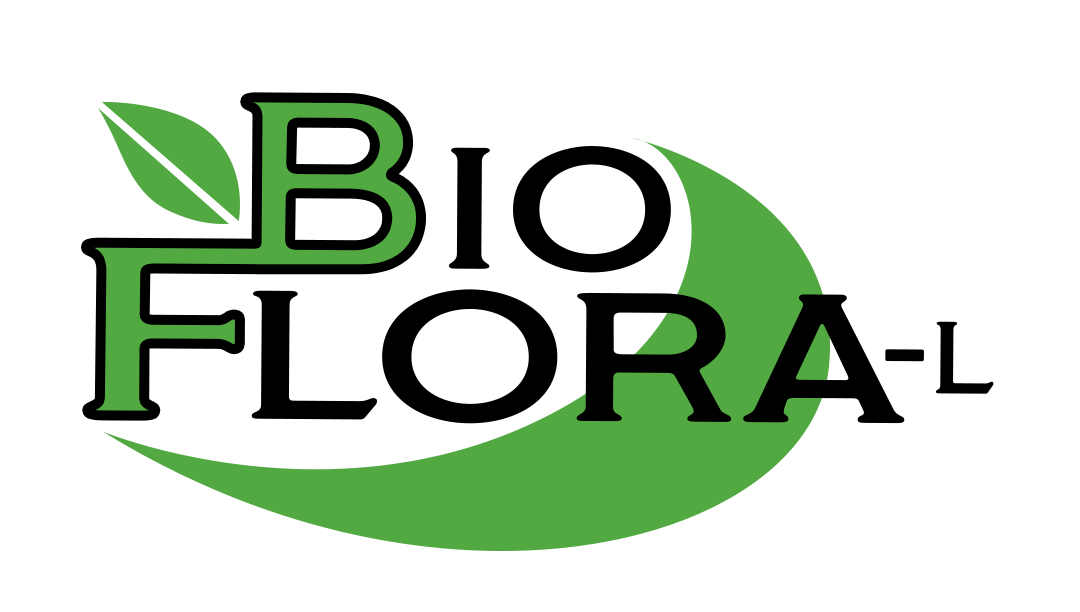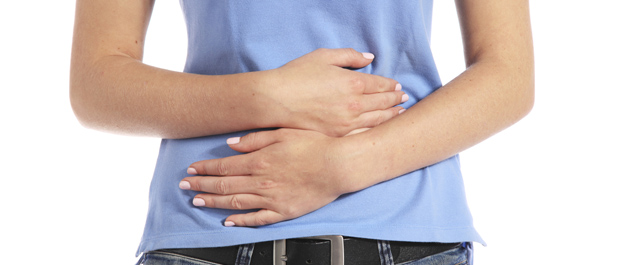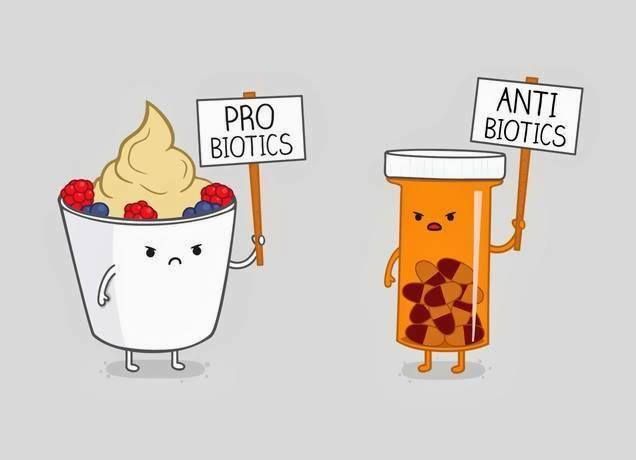Non-Alcoholic Fatty Liver Disease (NAFLD)
 Non-Alcoholic Fatty Liver Disease (NAFLD) occurs when fat accumulates and deposited in the liver. It is caused when the liver has trouble breaking down fats that build up in the liver tissue. NAFLD is quite common affecting 14-30% of the population. From that figure, 5% develops cirrhosis over 7 years, 1.7% of which leads to death. What causes NAFLD? There are general misconceptions that too much alcohol intake is the primary cause of fatty liver, but studies show it isn’t so. Among others, there are weight issues, diabetes and diets to take into account.
Non-Alcoholic Fatty Liver Disease (NAFLD) occurs when fat accumulates and deposited in the liver. It is caused when the liver has trouble breaking down fats that build up in the liver tissue. NAFLD is quite common affecting 14-30% of the population. From that figure, 5% develops cirrhosis over 7 years, 1.7% of which leads to death. What causes NAFLD? There are general misconceptions that too much alcohol intake is the primary cause of fatty liver, but studies show it isn’t so. Among others, there are weight issues, diabetes and diets to take into account.
NAFLD is measured by blood tests that are most commonly performed to assess the function of the liver or injury caused to the liver. Liver damage is detected initially by performing a simple blood test that determines the level of liver enzymes present in the blood.
Among the most sensitive and widely used liver enzymes are the “ aminotransferases ”. They include “ aspartate aminotransferase ” (AST or SGOT) and “ alanine aminotransferase ” (ALT or SGPT). When the liver cells get damaged or injured, these enzymes seep into the bloodstream, raising their blood levels. Hence raised blood levels of SGOT and SGPT signify liver disease or injury.
No one is exempted from the disease, as everyone can have it depending on one’s lifestyle and age. As a person gets older, so does the body deteriorate. But doesn’t mean that you can’t do anything to slow down the process and take preventive measures.
How do we address NAFLD then? What preventive measures are we going to take to deal with it?
First, we should be aware of the risk factors: Obesity, diabetes, age, hypertension, high level of fats or hyperlipidaemia, rapid weight loss and extreme diets that have poor nutritional value are the prime targets of NAFLD. In general, it is best to maintain a healthy lifestyle, one that is free from stress, with everything in moderation. Practice strategies and habits that can be realistically maintained over the long-term. Essentially, it is committing to balance and wholeness.
Do you know that probiotics help the liver fight off bad enzymes and pathogens from daily food intake? Probiotics contains hepatoprotectants, which helps strengthen the organs against harmful pathogens and bad bacteria. Studies have shown the rejuvenation of the liver within a minimum of three weeks after intake of probiotics.
Bioflora contains certain strains (Multiple 7 strain with prebiotics) of probiotics to help keep the liver strong blocking the growth of these pathogens and bad bacteria inside you.
Take good care of your liver. Start the road to a healthier you! Start living clean!





Leave a Reply
You must be logged in to post a comment.